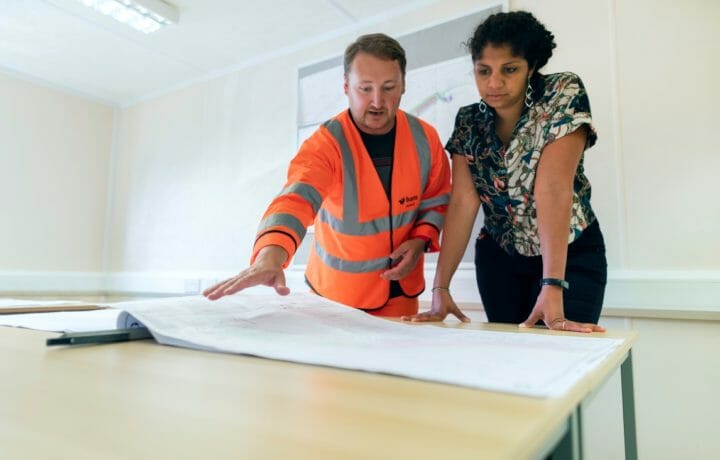Following the Boston Marathon terror attack and the role that surveillance played in the media manhunt, it is starting to feel like you cannot have your privacy and your safety too. Most Americans don’t want “Big Brother” watching when we are not being threatened. But the moment threats increase, additional surveillance seems like a good idea. However, does the loss of privacy automatically equal more safety? In the weeks following the Boston bombing, some lawmakers are already suggesting an increase in public cameras.
But maybe an increase in government surveillance is not necessary. Perhaps a better coordination of public cameras during a time of crisis is a better investment. The camera at Lord & Taylors proved to be quite useful to law enforcement during the Boston bombing. In addition to surveillance cameras, law enforcement also benefited from the publicized nature of the event with thousands of people taking pictures with their cameras and phones. This resulted in a huge amount of images to go through; however, having the images and video ultimately led to the ability to identify the suspects. While the amount of information was vast, any federal law enforcement officer would gladly sift through “more data” rather than “no data” any day of the week.
Surveillance is a balancing act. It is important to not automatically increase government owned cameras based on one tragic incident – regardless of how instrumental the cameras were. Better policies and procedures need to be put in place. Location of cameras, reasonable storing timelines of images, and transparency of drones are just a few of the areas that need to be assessed and outlined before the rush to position a camera on every public street corner. For instance, highly populated areas tend to be threatened more than suburban areas or residential areas. Most would deem it unnecessary and an overreach of government to increase surveillance in residential areas; however, it is understandable to increase surveillance in heavily populated areas.
It can be challenging to find a strong argument for privacy, other than people do not enjoy being watched. In light of the how instrumental the cameras have been to catch suspects, it seems to be an easy tradeoff that “Big Brother” knows when I go to the grocery store. It is clear that any increased use of drones needs to be preceded by an increase of policy on drone usage. While surveillance may never stop terrorism or crime, it can play a strong role in identifying and locating suspects. Perhaps it cannot stop the single event from taking place, but even limiting the scope or continuance of an incident would seem to make the case for an increased trade-off of privacy to surveillance insured security.



